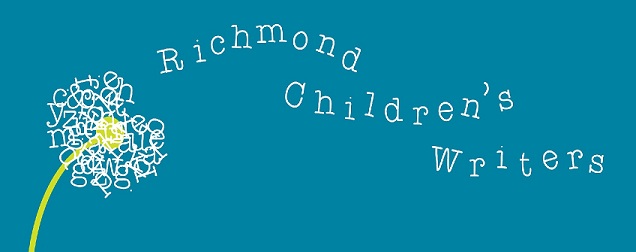This is a question that comes up frequently. Many people are under the impression that writing for children is a starting point and when you get good enough, you can write for adults. Today, we are dispelling that idea by discussing why we choose to write for children.
Hazel:I began to write for children when I wanted to tell a story about our family dog. I wanted to tell it in a way that our young son would enjoy. Working on this story generated more stories, and the rest, as they say, is history. But more fundamentally, I write for children because the stories that come to me whisper with the voices of children. I write what I hear.
Brian: Why write for children? Because it’s fun! I knew I wanted to be a writer since I was about six years old. I got A’s on my creative writing assignments in school. I also got lots of laughs from my classmates when I read my work out loud. I loved both of those rewards for my efforts. In college, I took “serious” writing classes that stressed conflict and despair as hallmarks of great writing. For the first time in my life, writing was no longer fun for me. After a few years, I decided to fire my professors and go back to writing what I loved – fun stories that make children smile. And performing readings for today’s schoolchildren brings back that same joy I felt when I first started writing.
Stephanie: My senior year in college, a drama professor asked me if I’d ever considered writing stories for children. Something clicked. “That’s exactly what I’m going to do,” I told him, even though the thought had never occurred to me. That split-second decision was one of the best I’ve ever made. I didn’t know what I was getting into, of course. But for me, the joy and excitement of writing far outweighs the frustrations. I love the adventure of writing for kids, and although, you wouldn’t know it to look at me, inside I’m a bit of a kid too! Personally, I write for children because I just can’t help it. I suspect many other writers feel the same way.
Lana: Once I took a fiction writing class at a university. When the professor realized I was a children's writer, he was less than thrilled. His reasoning went something like this: Good writing must have compelling conflict which requires accountability on the part of the main character and since children are not accountable for their actions, any story with a child as the main character will not have compelling conflict. I argued the opposite, that decisions young children make are very important. This formative period that we each experience fascinates me. Which parts of childhood are universal and which are unique? How do events and people and places shape us into who we are? How do we shape ourselves and our environment? I never tire of exploring these ideas through story.

No comments:
Post a Comment